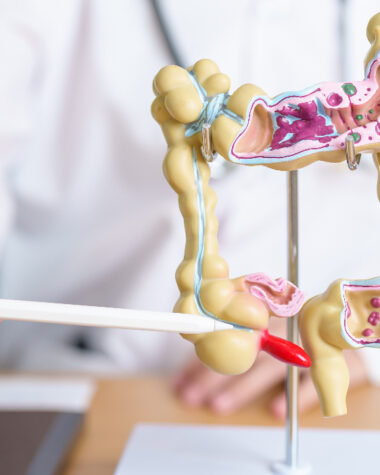Today Merck & Co. (NYSE: MRK) announced that Keytruda has failed the Phase 3 clinical trial KEYNOTE-412 evaluating the company’s anti-PD-1 therapy with concurrent chemoradiation therapy that was followed by Keytruda as maintenance therapy in a Keytruda regimen.
The trial did not meet its primary endpoint which was event-free survival (EFS) for treatment of patients with unresected locally advanced head and neck squamous cell carcinoma (HNSCC).
After the completion of the study’s final analysis, it was determined that no improvement in EFS existed for patients who received the Keytruda regimen compared to placebo plus CRT with the company expecting to present results at an unnamed upcoming medical conference.
Merck’s Sr. VP, Chief Medical Officer and Head of Global Clinical Development Dr. Eliav Barr shared comments on the failure noting the difficulties in treating head and neck squamous cell carcinoma.
“There have been limited advances for patients with locally advanced HNSCC, and unfortunately, these results suggest that this disease remains very challenging to treat,” said Dr. Barr.
He continued, “We are proud of the significant role KEYTRUDA plays in the treatment of certain later stages of HNSCC, and we are committed to investigating KEYTRUDA-based regimens for this debilitating type of cancer in earlier stages of disease. We are grateful to the patients and investigators for their participation in this study.”
The failure of Keytruda for HNSCC comes at a key time as Cel-Sci Corporation was noted on the same day to have confirmed submitted revised results to ClinicalTrials.gov after the latest revision period.
Cel-Sci’s Multikine is a cancer immunotherapy product aimed at revolutionizing the current cancer standard of care. Through boosting the body’s immune system before surgery or radiation, Multikine has shown positive results in the largest ever head and neck cancer Phase 3 clinical trial.
The failure in Keynote-412 comes as a rare miss for Merck and Keytruda which is approved currently regimens for qualifying patients with metastatic or with unresectable, recurrent HNSCC in the United States, Europe, Japan, China, and other international nations. regimens for qualifying patients with metastatic or with unresectable, recurrent HNSCC in the United States, Europe, Japan, China, and other international nations.
The company noted it is continuing to advance multiple registration-enabling studies investigating the drug as monotherapy along with combination medicines, including KEYNOTE-689 for the neoadjuvant and adjuvant treatment of resectable locally advanced HNSCC. There are over 1,700 trials underway for the study of Keytruda across a range of cancers and cancer treatment settings.
About Keynote-412 Keytruda Clinical Trial
The Keynote-412 trial was a Phase 3 Clinical trial that was randomized and double-blind designed to evaluate Keytruda with concurrent CRT as SOC followed by Keytruda as maintenance therapy for patients with unresected locally advanced HNSCC.
The primary endpoint was EFS, and the secondary endpoints included overall survival and safety. The trial enrolled an estimated 780 newly diagnosed adults with oropharyngeal or larynx/hypopharynx/oral cavity squamous cell carcinoma who were randomized to receive 200mg of Keytruda every three weeks in combination with cisplatin plus radiation (CRT), followed by Keytruda as maintenance therapy for approximately one year, or placebo plus cisplatin and CRT, followed by placebo.
Currently one of the biggest drugs on the market today, Keytruda generated $4.8 billion in Q1 of 2022 with exclusivity on the drug ending in 2028.







